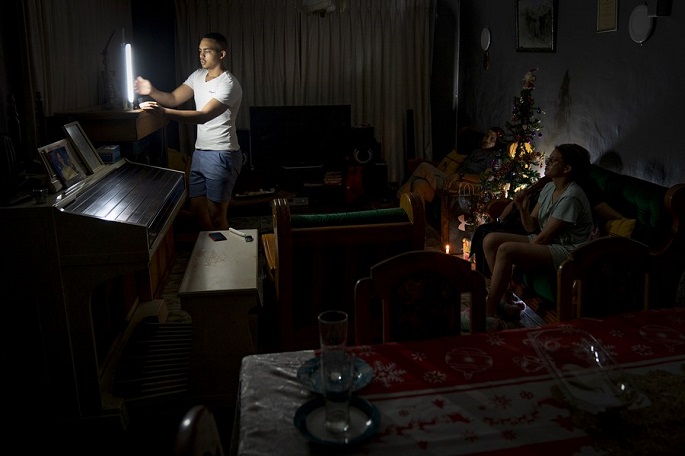World remains off course toward SDG for energy: UN report
Published : 12 Jun 2024, 23:08
The world remains off course to achieve the Sustainable Development Goal for energy (SDG7) as progress on basic energy access in 2022 reversed for the first time in a decade, finds a UN report, reported Xinhua.
The global energy access gap is worsening as population growth outpaces new connections, says the report released on Wednesday by the International Energy Agency, the International Renewable Energy Agency, the UN Statistics Division, the World Bank, and the World Health Organization.
The report warns that current efforts are not enough to achieve SDG7 on time.
It confirms that the number of people without access to electricity increased for the first time in over a decade, as population grew at a higher rate than that of new electricity connections, leaving 685 million people without electricity in 2022, 10 million more than in 2021.
Meanwhile, 2.1 billion people still lived without access to clean cooking fuels and technologies, with the number remaining largely flat last year. This carries with it huge implications for health, gender equality, and the environment, contributing to 3.2 million premature deaths each year, says the report.
Other parts of the SDG7 agenda have fared better recently. Renewable energy has seen robust growth over the past two years, and energy efficiency improvements are gradually improving after a drop-off during the pandemic, according to the report.
It estimates that, under current policies, there will be 660 million people lacking electricity access and around 1.8 billion without access to clean cooking technologies and fuels by 2030. Progress in energy efficiency rates also lags, well below the level needed to reach the SDG7 target.
The authors of the report urge the international community to refocus efforts on providing the required financial, technological and policy support to close the access deficit and ensure that all countries and communities can benefit from accelerated renewable energy deployment and improved energy efficiency.


